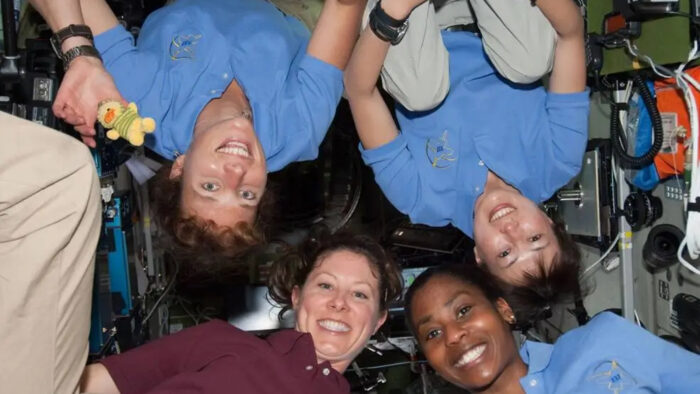Time: 2024-07-01
A recent study on the effects of space travel on the human immune system suggests that females may be more tolerant to the stresses of space than males. The study focused on people who were part of the SpaceX Inspiration4 mission in 2021, the first all-civilian mission to orbit. Researchers found conserved and distinct immune disruptions related to inflammation, aging, and muscle homeostasis after spaceflight. They also identified a spaceflight signature of gene expression that indicates a significant impact on the body.

The study revealed interesting sex-dependent differences in response to spaceflight, noting that males experienced greater disruption to gene expression following spaceflight compared to females. Proteins involved in infection defense, inflammation, and blood clotting showed sex-specific differences after spaceflight. The study suggests that gene regulatory and immune response to spaceflight is more sensitive in males. This finding has important implications for future space travel, potentially impacting recovery times and crew selection for high-altitude, lunar, and deep space missions.
Another study conducted by a team from Weill Cornell Medicine in New York also found that women may better withstand the physical rigors of spaceflight than men. Women's immune systems were found to be less affected by space travel and recovered faster upon returning to Earth. The preliminary findings indicate that gene regulatory and immune response to spaceflight is more sensitive in males. The researchers believe that women's ability to tolerate large changes in physiology and fluid dynamics, possibly due to adaptations for pregnancy, may contribute to their resilience to the stresses of spaceflight.
The findings of both studies have implications for future space missions, including recovery times and crew selection. The researchers emphasize the need for more studies to confirm these trends. The possibility of including more females in crew selection for high-altitude, lunar, and deep space missions is being considered based on the results of these studies. Overall, the research sheds light on the importance of understanding sex-specific differences in immune response to spaceflight and its potential impact on the future of Space exploration.